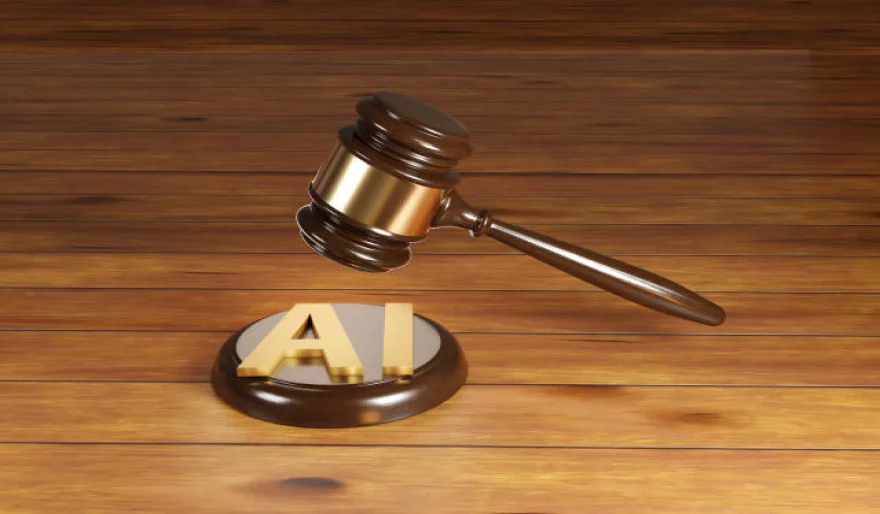Stay Ahead of the Curve
Latest AI news, expert analysis, bold opinions, and key trends — delivered to your inbox.
The RIAA's lawsuit against generative music startups could become the pivotal battle that AI needs
4 min read The Recording Industry Association of America’s (RIAA) lawsuit against generative music startups like Udio and Suno has sent shockwaves through the music and AI communities. While some predict it could be a "bloodbath" for AI, it may also serve as a catalyst for creating a more robust and ethical future in AI music generation. June 27, 2024 07:06
The Recording Industry Association of America's (RIAA) lawsuit against generative music startups like Suno and Udio has sent shockwaves through the music and AI communities. While some view it as a potential "bloodbath" for AI, it could be a catalyst for a more collaborative and productive future for both industries.
Understanding the Standoff
The RIAA claims these startups are infringing on copyrights by using vast amounts of music data, potentially including copyrighted songs, to train their AI models that create new music.
- Fair Use vs. Copyright Infringement: Suno and Udio might argue their use falls under fair use, a legal doctrine allowing limited use of copyrighted material. The legal battle will hinge on whether the courts see this as transformative creation or simply copying.
Why This Lawsuit Could Be a Positive Force
While the lawsuit creates uncertainty, it can also be a turning point:
- Establishing Clear Guidelines: A court ruling could set a legal precedent for how copyright applies to AI-generated content, providing much-needed clarity for both AI developers and rights holders.
- Encouraging Transparency: The lawsuit might push AI music companies to be more transparent about their training data and how they ensure copyright compliance.
- Fostering Collaboration: The confrontation could lead to discussions about licensing agreements or joint ventures between the music industry and AI startups.
A Future of Coexistence and Creativity
Imagine a future where AI music isn't a threat, but a powerful tool for musicians:
- AI-Assisted Composition: AI can analyze music data to suggest new melodies, harmonies, or rhythms, aiding musicians in the creative process.
- Personalized Music Generation: AI could generate custom music scores or soundtracks tailored to specific needs, opening doors for new applications of music.
- Reaching New Audiences: AI-generated music could help expand the reach of artists by creating variations or remixes that resonate with new audiences.
The Road Ahead: Challenges and Opportunities
The legal battle is just the beginning of a complex conversation:
- Ethical Considerations: Questions around ownership and attribution of AI-generated music need to be addressed.
- The Human Element: While AI can be a powerful tool, human creativity and emotional connection will always be paramount in music.
The RIAA's lawsuit against generative music startups may seem like a clash, but it's an opportunity for the music and AI industries to chart a new course. By fostering collaboration, establishing clear guidelines, and embracing the potential of AI, both sides can work together to create a future filled with innovative and enriching musical experiences.



















 AI Agents
AI Agents